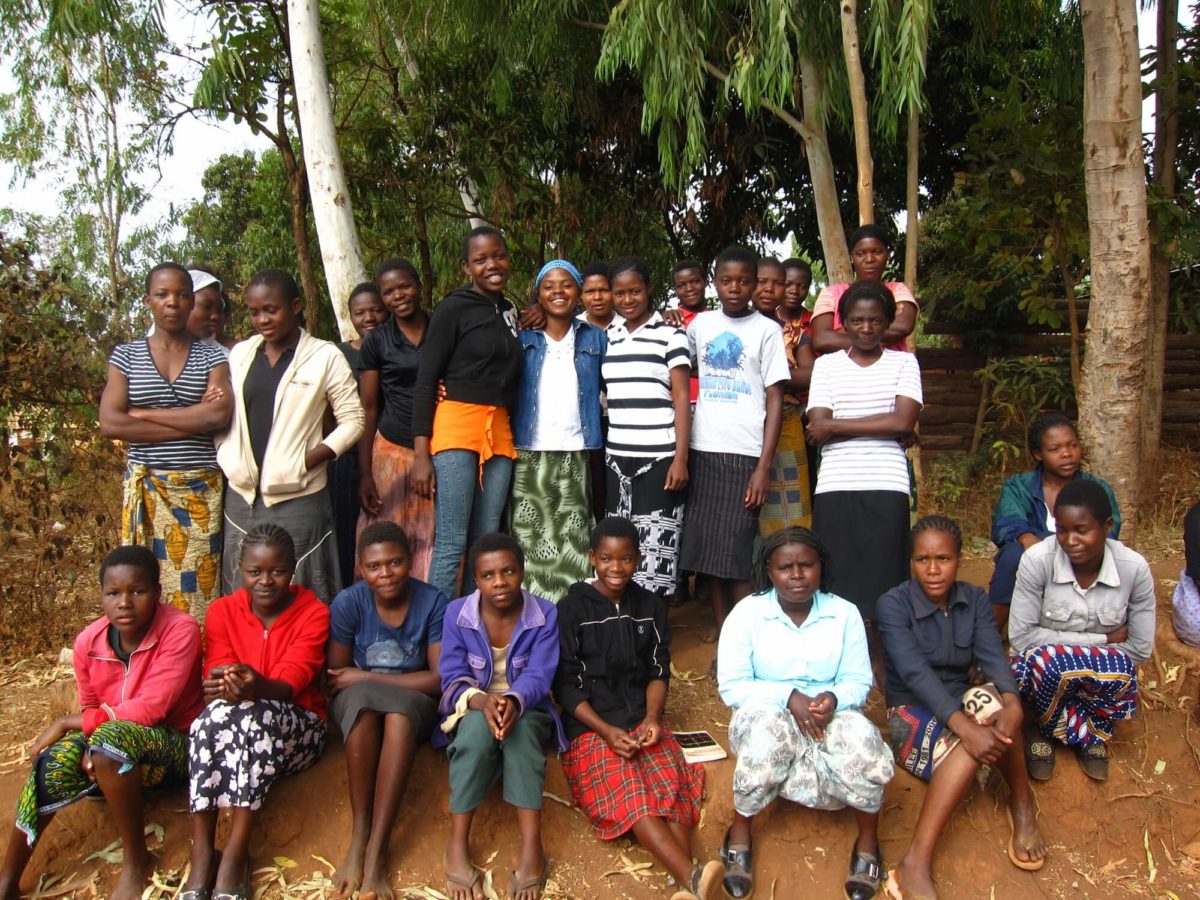Empowering young women: A mixed methods approach

Empowering young women: a mixed methods approach in Malawi | Sarah Baird
Policy Context
In developing countries, gender inequality continues to negatively affect women’s educational, economic, and health outcomes. In Malawi, 20 percent of 15-19 year old girls have at least one child. Policymakers have emphasized that cash transfer programs can be a tool for empowering women, but there is little evidence on their long-term impacts.
Research Design
This project used a mixed-methods approach to determine whether and how cash transfers have changed participants’ self-esteem and future aspirations, building upon previous research in the Zomba District in Malawi. In 2008 and 2009, 1,225 school-aged girls were randomly assigned to receive either a conditional cash transfer (CCT), based on school attendance, or unconditional cash transfer (UCT); the comparison group received no cash transfers. Researchers followed up with participants to identify the long-term effects of the transfers, specifically whether cash transfers empowered program participants and led to changes in their self-esteem and aspirations, and the extent to which cash transfers affected reproductive decision-making.
Results and Policy Lessons
For girls who received the unconditional cash transfers, the reductions in teen marriages, total live births, and HIV infections, as well as improvements in psychological wellbeing and nutritional intake, reported at the end of the program were no longer apparent two years later. However, consistent with improved physical and mental health during the program, researchers noted improved height-for-age among children born to the beneficiaries during the program.
Girls who received conditional cash transfers reported sustained effects on school attainment, incidence of marriage and pregnancy, age at first birth, total number of births, and desired fertility – but only among adolescents who had already dropped out of school at baseline. In contrast with the marital outcomes in the UCT group, the increased educational attainment in this group was accompanied by assortative matching: their husbands were significantly more likely to have completed secondary school. However, even in this group, the researchers found no gains in other important outcomes, such as individual earnings, per capita household consumption, subjective wellbeing, health, or empowerment. Among those who were in school at baseline, CCTs did not have any lasting effects, positive or negative, mainly because the transfers were mostly inframarginal with respect to school attainment: 88% of the control group in this stratum completed primary school two years after the end of the program.

